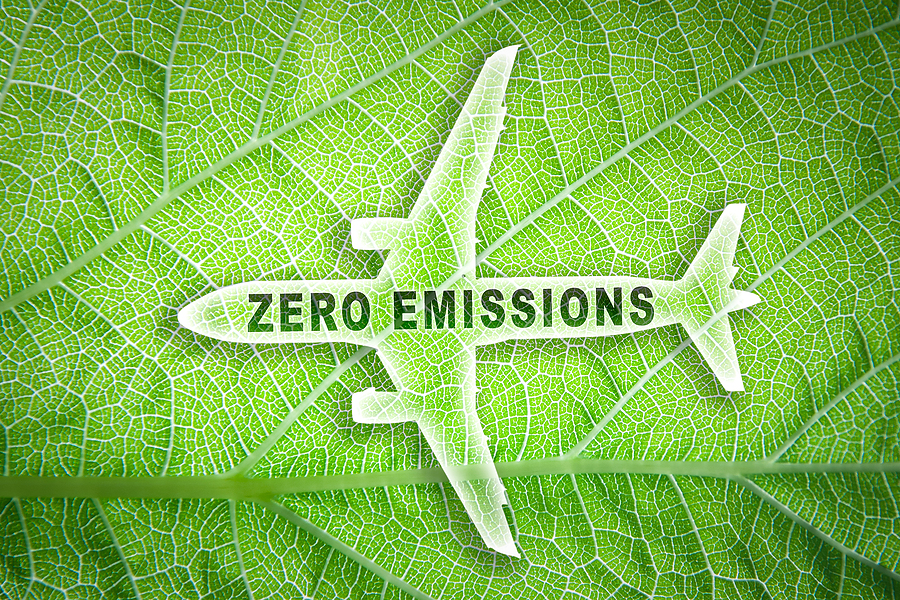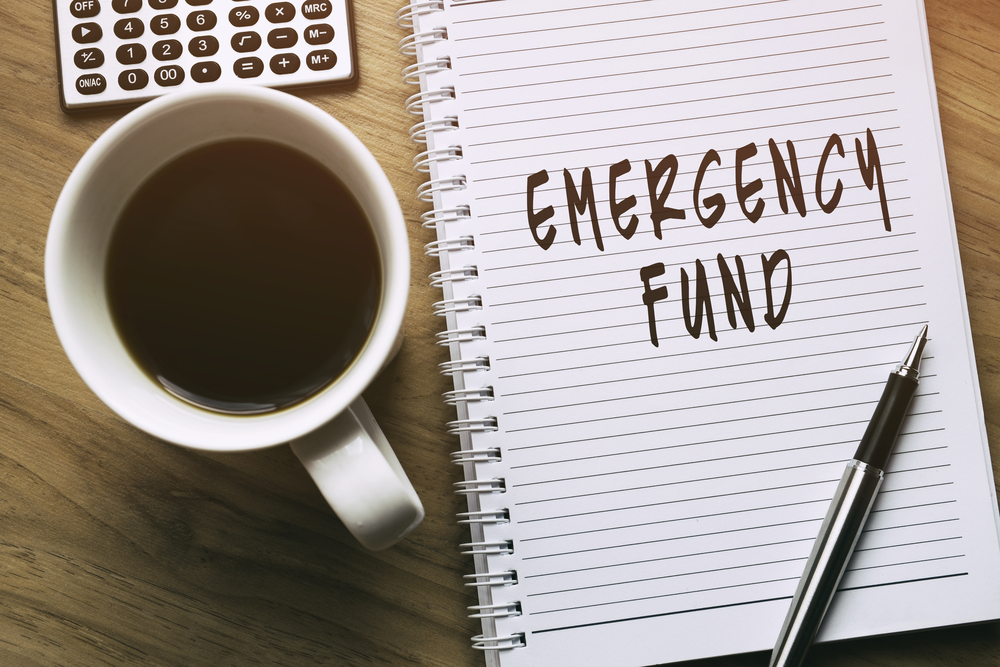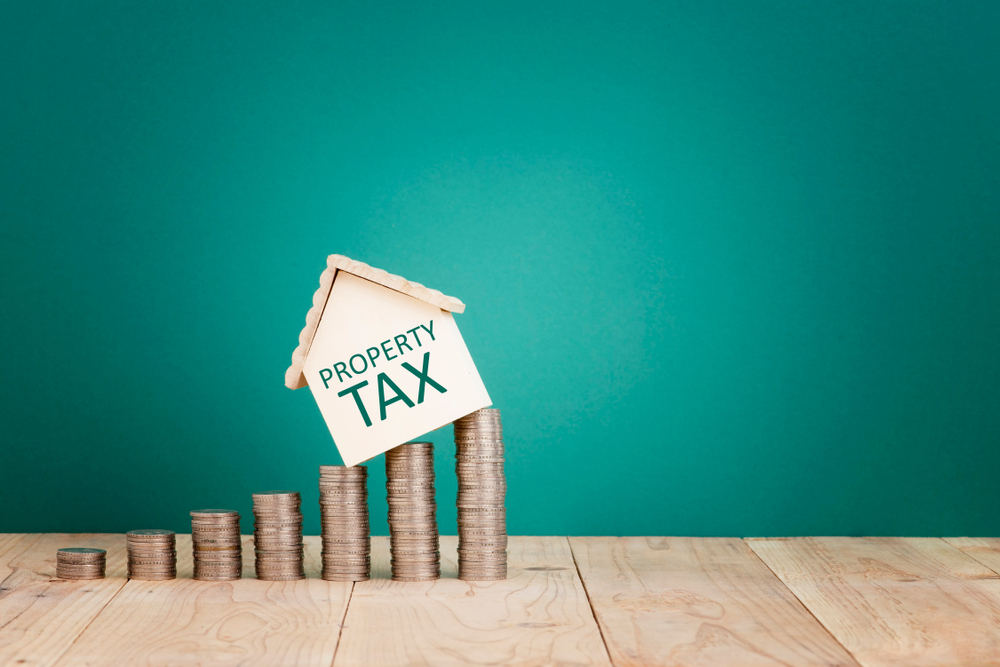Travellers might need to brace for sky-high ticket prices as airlines attempt to cut their emissions at the same time as demand for travel soars.
The federal government’s updated safeguard mechanism, which came into effect in July, limits the greenhouse gases from large industrial facilities to reduce emissions to 43 per cent below 2005 levels by 2030 and net zero by 2050.
But the path to a cleaner carbon footprint will come at a cost, airline bosses say.
Virgin Australia chief of corporate affairs Christian Bennett said sustainable aviation fuel was the answer for dramatically cutting emissions, but it was up to five times more expensive than existing jet fuels.
The comments come as the head of Sydney Airport warns a lack of seats due to airlines “hoarding” take-off and landing slots is curbing domestic flight options, rather than a lack of demand.
Chief executive Geoff Culbert said domestic passenger numbers had remained stagnant over the past 15 months, while international traffic continued to grow.
For the first time since COVID-19 travel restrictions eased, the recovery in international traffic compared with pre-pandemic levels had overtaken the domestic travel recovery at the country’s busiest airport as of July.
Mr Culbert accused major airlines of effectively hoarding slots at the airport, which could be used by other providers to increase capacity and bring down costs.
“We continue to see evidence of unused slots going to waste, with a persistent mismatch between slots held by domestic airlines and the schedule that is flown,” he said.
Mr Culbert added a surge of passengers from China, as well as Korea and India, had been encouraging, but it was offset by lagging markets like the USA, New Zealand and domestic travel.
“The (domestic) lag is being driven by a lack of seat capacity rather than a lack of demand,” he said.
Meanwhile, Mr Bennett said Virgin Australia was fully aligned with the safeguard mechanism’s goals despite the potential for it to add to the price of airfares.
“There is no escaping the challenge of sustainable aviation fuel,” he told a parliamentary hearing on Monday.
“The technology is not the problem – actually making sustainable aviation fuel is not the problem.
“Economics is the problem.”
To align with pollution limits, the airline will need to reduce its emissions by 4.9 per cent.
Mr Bennett called sustainable jet fuel the “slingshot” to net-zero because it produced 80 per cent less pollution than conventional options.
But the environmentally friendly fuel is two to five times more expensive than commercial jet fuel because it is not produced in Australia.
Fuel is Virgin’s single largest expense, making up a quarter of its operating costs.
The raw material used to produce sustainable fuel has increasingly been exported to the US and Singapore, but domestic fuel production from Australian feedstocks could bring down prices and emissions at the same time.
For now, the company has begun to use blends of conventional and greener fuels to try to reduce emissions.
Qantas also announced on Monday it would offer another 250,000 seats for sale on international routes such as New York and Los Angeles over the next year to “meet strong travel demand”.
“Hundreds of thousands of extra seats … will put more downward pressure on fares,” Qantas International chief executive Cam Wallace said.
Kat Wong and Samantha Lock
(Australian Associated Press)





